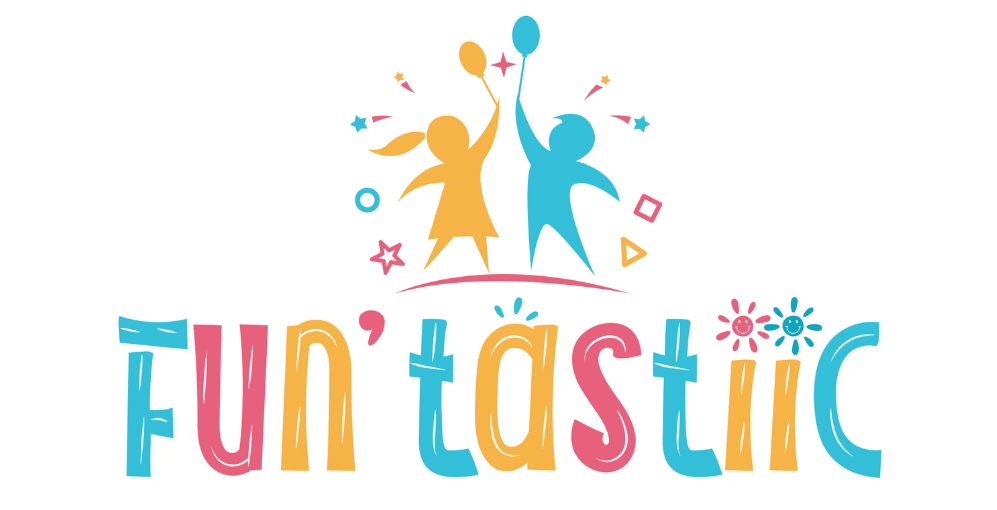Introduction: The Power of Pretend
- Start with an anecdote or a statistic that highlights the prevalence and significance of imaginative play in childhood.
- Introduce the concept of imaginative play and its role in fostering creativity, problem-solving skills, and emotional development in children.
1. Fueling Creativity and Innovation
- Explore how imaginative play stimulates the imagination and encourages children to explore new ideas, scenarios, and possibilities.
- Provide examples of how pretending to be someone else or in different situations helps children develop their creativity and think outside the box.
2. Building Social and Emotional Skills
- Discuss how imaginative play allows children to explore various social roles and relationships, fostering empathy, communication, and cooperation.
- Highlight the importance of role-playing in helping children understand and navigate complex emotions, develop self-regulation skills, and build resilience.
3. Enhancing Cognitive Development
- Explain how imaginative play promotes cognitive development by stimulating problem-solving skills, critical thinking, and abstract reasoning.
- Discuss the role of symbolic play in developing language and literacy skills, as children engage in storytelling, make-believe scenarios, and imaginative dialogue.
4. Fostering Self-Expression and Identity
- Explore how imaginative play provides children with a safe space to express themselves, explore their interests, and develop a sense of identity.
- Discuss the role of imaginative play in building confidence, self-esteem, and a positive self-image as children experiment with different roles and identities.
5. Encouraging Physical Activity and Healthy Living
- Emphasize the importance of active, imaginative play in promoting physical health and well-being in children.
- Provide examples of how imaginative play can inspire children to engage in active play, outdoor exploration, and creative movement.
6. Tips for Encouraging Imaginative Play
- Offer practical suggestions for parents and caregivers to support and nurture imaginative play in children, such as providing open-ended toys, creating imaginative play spaces, and joining in their play experiences.
- Encourage parents to embrace their child’s imagination, validate their ideas and creativity, and provide opportunities for unstructured, child-directed play.
Conclusion: Nurturing the Power of Play
- Summarize the key benefits of imaginative play in child development, emphasizing its essential role in fostering creativity, social-emotional skills, cognitive development, and overall well-being.
- Encourage parents and caregivers to prioritize imaginative play in their children’s daily lives, recognizing it as a valuable and enriching experience that lays the foundation for lifelong learning and exploration.

